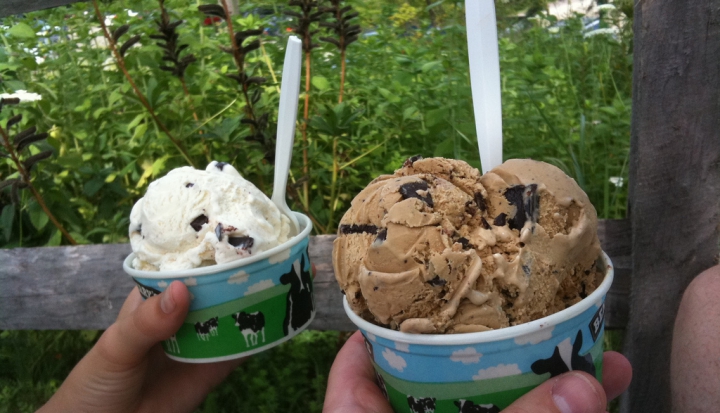Wariness about eating food with genetically modified ingredients seems to be on the rise–and now more companies are making a push to keep genetically modified organisms (GMOs) out of their products.
NPR reports that concern over genetically modified foods is leading more major food brands to go GMO-free. Some, like Ben & Jerry’s ice cream, have been vocal about their stance against GMOs (which is not at all surprising, though some customers are unhappy that it means the end of the Coffee Heath Bar Crunch flavor). Others, like Cheerios, have more quietly made the decision to keep GMOs out of their product. The Non-GMO Project has compiled an extensive list of non-GMO products on the market, ranging from breads and pasta to snacks and sweets to even dog food.
As journalist Sue Stanton reported in our May issue, the use of GMO seeds has been a contentious issue among farmers, and one that the Catholic Church has been hesitant to take a strong stand on. Some reports suggest that Vatican officials support the use of GMOs because they can yield more crops (a point that has been contested in the scientific community) and thus present a possible solution to world hunger. But the big question on the minds of people reluctant to embrace GMOs is whether we can be sure that they are safe for us to eat. Officially the Vatican hasn’t made any statements on GMOs, and upon hearing both arguments during a visit to the U.S. last year, Cardinal Peter Turkson of the Vatican’s Pontifical Council for Justice and Peace simply urged the two sides to talk to each other.
Ultimately the biggest decision maker in this debate will be the consumer. While farmers or scientists or religious leaders can debate the safety of GMO foods, if the consumer won’t buy them because they fear the risks, we’re only going to see more and more products proudly displaying the GMO-free label.













